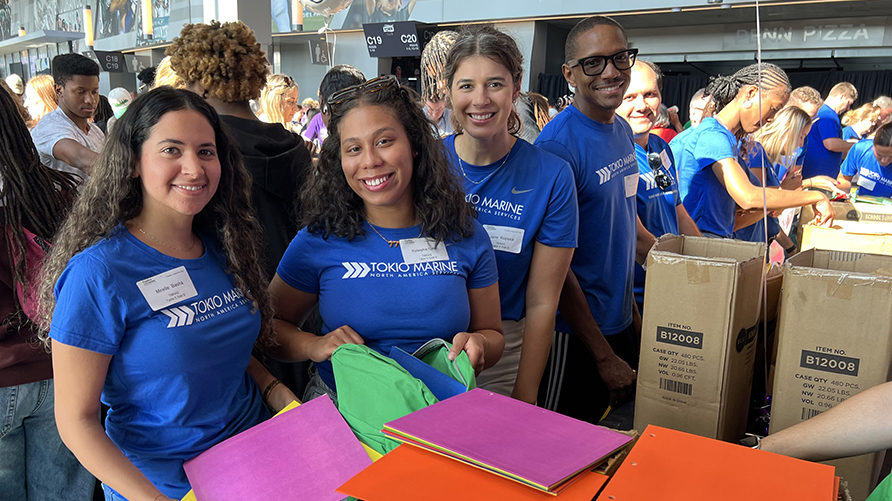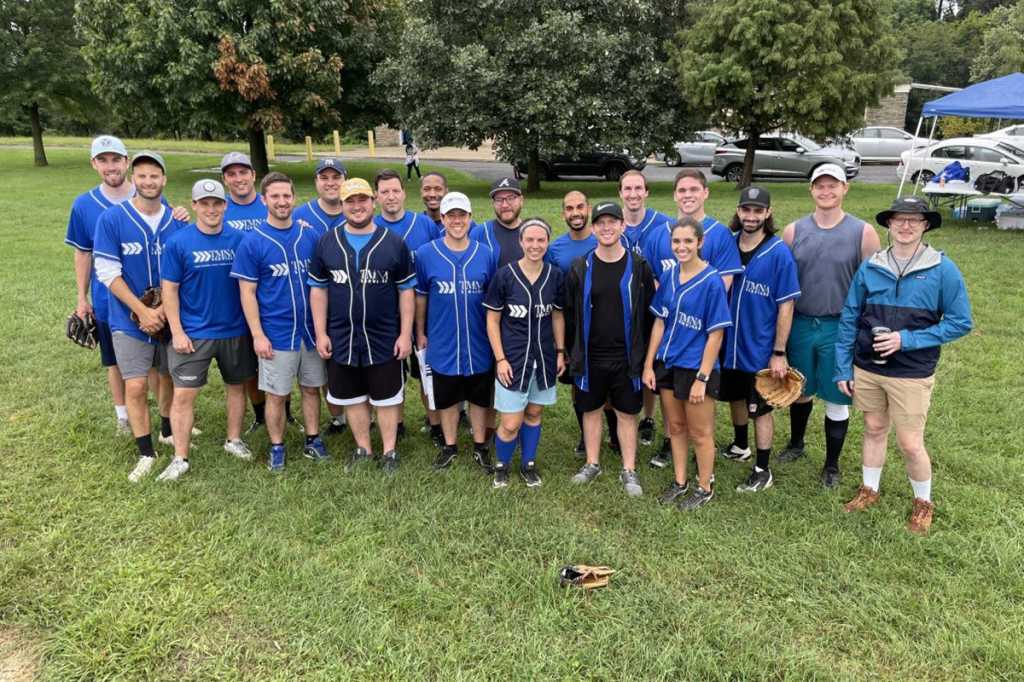IT at Tokio Marine means continuous learning — and many hats
The insurance industry is known for being slow and steady, but at Tokio Marine North America Services (TMNAS), a dogged emphasis on growth, diversity of thought, and continuous learning has helped accelerate an IT culture predicated on innovation and career mobility.
As a shared services organization supporting the Tokio Marine family of insurance providers, the 300+-person IT group operates in a consulting-like mode. This means that staffers are encouraged to stay abreast of disciplines such as agile development, artificial intelligence (AI), and user experience. They’re comfortable wearing many hats.
To promote a culture of continuous learning, TMNAS has opened up new career pathways, reworked 190 job descriptions, and refreshed its individual development programs. Long-standing IT job families — including programmer and systems analyst — have been updated to reflect current work patterns, and new roles have been added for data science, DevSecOps, intelligent automation, and more.
“It was time to run a comb through our job families to correct and add branches to reflect various modern disciplines,” explains Bob Pick, executive vice president and CIO at TMNAS, which ranked second overall and No. 1 in both the career development/training and DEI categories among small companies in Computerworld’s “Best Places to Work in IT 2025” survey.
With AI and generative AI in the spotlight, TMNAS also is standing up training programs and pilot initiatives to prepare IT staffers for responsible use of the new technologies. The company has formed two generative AI (genAI) working groups, one focused on technology and the other on risk. “We’re making incremental staff investments as well as looking to system integration and consulting partners to learn about genAI and do things safely,” Pick says.

TMNAS sponsors and promotes philanthropic activities throughout the year to strengthen local communities.
TMNAS
Beyond technical disciplines, TMNAS offers several additional pathways for career growth. One takes aim at IT professionals interested in individual advancement without the responsibility of managing people. The positions offer pay and prestige commensurate with a management-level post. A second gives seasoned managers a chance to advance even if they’re not ready for a top officer role or there isn’t an available C-level position. A third, delivered by Tokio Marine’s Global Training program, offers rotational experience and training for individuals in business roles interested in crossing over to IT, providing entrée to new careers in areas such as cybersecurity without having to leave the firm.
Flexibility and diversity of thought
The TMNAS IT organization has always supported flexible work arrangements, and post-COVID, the majority of TMNAS’s IT staff (75%) is now fully remote. IT employees and managers collaboratively establish the best working arrangement, based on job requirements, and the firm has implemented numerous technologies — from collaboration spaces to in-office A/V equipment — to make hybrid collaboration easier and fully productive. The hybrid model has also opened up IT recruiting in areas outside of the company’s Pennsylvania headquarters. “We now have 50-state recruiting, and the number and quality of résumés have shot through the roof,” Pick says.
Fostering diversity and community is ingrained in the TMNAS culture, and the company stood up a number of employee resource groups (ERGs) last year focused on women, generational workers, caregivers and LGBTQ+ staff members. The efforts are moving the needle on promoting more diversity in IT: 30% of the ERG leaders hail from the IT department. Many of the top company leaders — including the CFO and CHRO & Chief Legal Officer — are women, and historically the percentage of women working in IT at TMNAS has been above market averages. In addition, the presence of previously underrepresented groups in IT, such as the black, indigenous, and people of color (BIPOC) community, is increasing. At TMNAS, nearly half of IT management and non-management identify as BIPOC.
“We focus on finding the best people for the job,” Pick says, “and the best people come from a variety of backgrounds.”
Read more about the Best Places to Work in IT 2025:
- Best Places to Work in IT 2025 special report
- Total Quality Logistics: Building a ‘talent destination’ through employee engagement
- OCLC: Technology with a purpose drives workplace diversity
- Tokio Marine: Continuous learning — and many hats
- About the Best Places to Work in IT program







